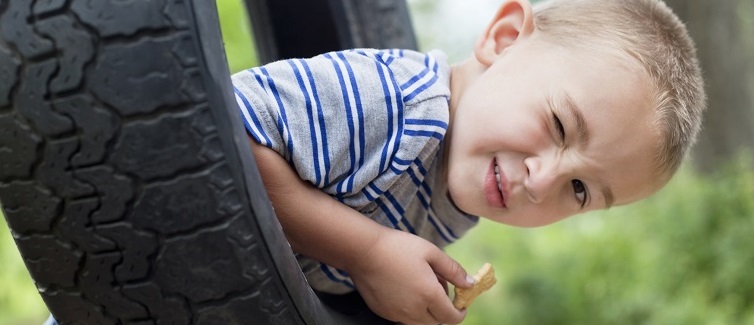Plenty of misunderstanding still exists about attention deficit hyperactivity disorder (ADHD) and autism spectrum disorder (ASD).
We hear a lot about these issues related to school and education. If you have a child with one of these diagnoses, school can be tough. You know your child’s unique talents, but they don’t always get a chance to shine in a standardized classroom environment.
Creativity is one area where many autistic kids and kids with ADHD really excel. While these two conditions have some overlapping symptoms, they are very different for both children and adults.
Never Miss a Beat!
Subscribe to Our HealthBeat Newsletter!
Thank you for subscribing!
You can now select the specific newsletters you'd like to receive.
You are already subscribed.
Subscribe to more newsletters in our email preference center.
Sorry, an error occurred. Please try again later.
Get Healthy Tips Sent to Your Phone!
Creativity and ADHD
ADHD is considered a neurodevelopmental disorder. It’s characterized by impulsiveness, inattention, and trouble being still. People with ADHD have brains that are wired differently than people without the condition. Certain areas of the brain are not connected in the same ways to other areas of the brain. This leads people with ADHD to perceive the world differently—to learn and process information differently.
About half of the ADHD kids also have a learning disability, such as dyslexia. These challenges can sometimes obscure the strong creativity that ADHD people have.
An article in Scientific American summarized a variety of research indicating that people with ADHD are more creative than people without the disorder. In one study, students with the disorder had much higher creative cognition than students without. Working memory, the ability to control attention and maintain multiple streams of information, was lower in students with ADHD. However, lower working memory tended to correlate with higher creativity.
More research has found the same to be true for adults. People with ADHD generally excel at coming up with new ideas and proposing “out of the box” solutions. They score lower on coming up with the perceived “correct” answer.
Autism and Creativity
It has often been assumed that autistic people are less creative than non-autistic people. However, more understanding of how the autistic mind works is debunking this myth. Autistic people can have original, unique ideas.
For example, when asked to provide a list of alternate uses for a pen, an autistic person may come up with fewer responses, but more of those responses will be unique.
Autistic people are often viewed as less creative because they tend to be less imaginative. Their solutions are likely to be based on reality over fantasy, unlike children with ADHD, who tend to also be highly imaginative.
However, developing unique responses is still a key to creative reasoning, and any nontraditional way of thinking lends itself to creative solutions.
With a push toward standardization and “correct” answers, sometimes autistic kids (and adults) or those with ADHD can be overlooked. They have a unique way of taking in information and understanding patterns that leads to highly creative approaches.
You don’t outgrow ADHD or autism, they are both lifelong neurocognitive conditions: Find ways to manage the challenges while enjoying the gifts.
For more information, call the UPMC Western Behavioral Health Child Services central call line at 412-246-6668
Editor's Note: This article was originally published on , and was last reviewed on .
About UPMC Western Behavioral Health
UPMC Western Psychiatric Hospital is the hub of UPMC Behavioral Health, a network of community-based programs providing specialized mental health and addiction care for children, adolescents, adults, and seniors. Our mission is to provide comprehensive, compassionate care to people of all ages with mental health conditions. UPMC Western Psychiatric Hospital is a nationally recognized leader in mental health clinical care, research, and education. It is one of the nation’s foremost university-based psychiatric care facilities through its integration with the Department of Psychiatry of the University of Pittsburgh School of Medicine. We are here to help at every stage of your care and recovery.
